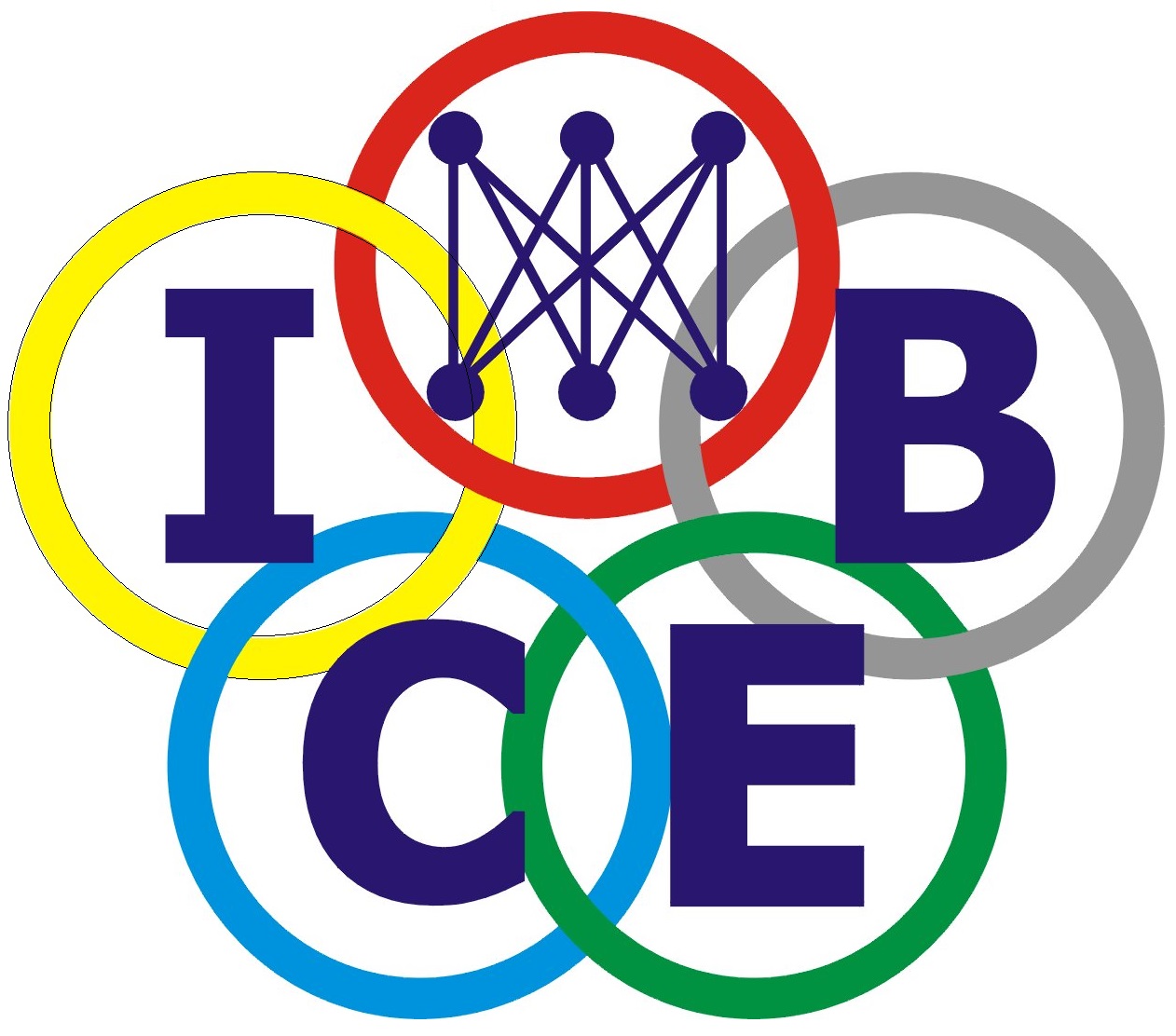Document Type
Article
Abstract
Each organisation is unique, because the way they are internally organised and the way they seek economic legitimacy is unique. Seeking economic legitimacy is the way an organisation competes within the industry. Therefore, in order to address the pressures exerted by competitive forces on the organisation, it has to develop and define certain competencies and maturities internally. At the same time, this competitive environment has a direct influence on economic incentives associated with the management of major technological platforms like ERP systems, since these technologies can influences the profitability and efficiency of the business extremely. As a consequence, organisations are required to create a dynamic internal environment. This dynamism is built around alignment of technology with business needs, achieving higher levels of technology maturity, conformance with the rules, norms and best practices of industry as well as external institutions, and using technology to support business sustainability, progress, and growth. The authors coin the term configurative isomorphic mechanism to address these forces. In fact, organisations desire to conform to their level of organisational information system maturity and internal capabilities to minimize these pressures. The authors believe that configurative pressure is indeed congruous with coercive, normative, and mimetic pressures and together can open up new research streams in institutional thinking of the role of technology in organisations.
Recommended Citation
Pishdad, Azadeh; Haider, Abrar; and Ku Bahador, Ku Maisurah, "Organisational Maturity: Configurative And Other Isomorphic Pressures In Institutionalisation Of ERP Systems" (2013). ICEB 2013 Proceedings (Singapore). 5.
https://aisel.aisnet.org/iceb2013/5


